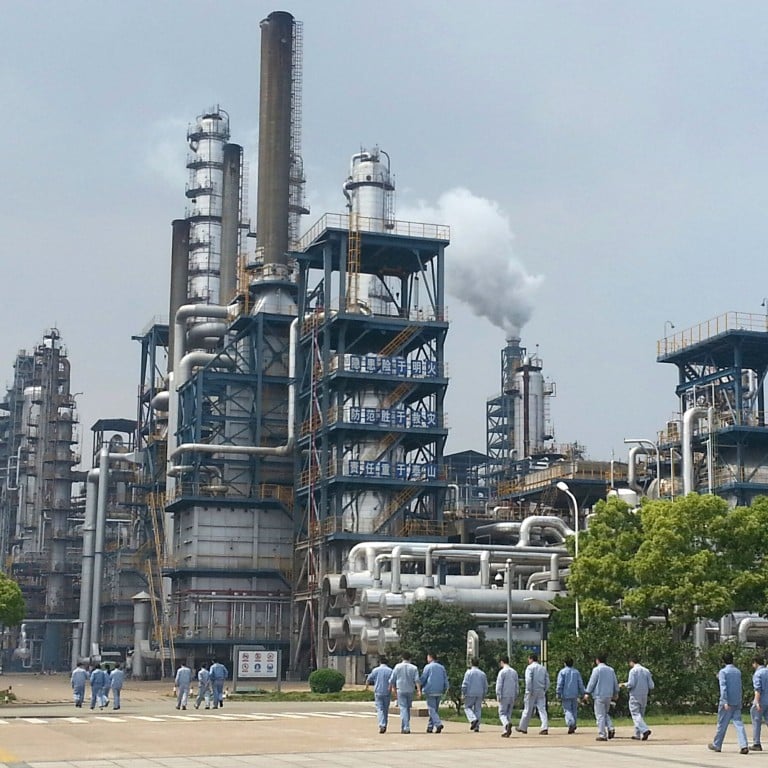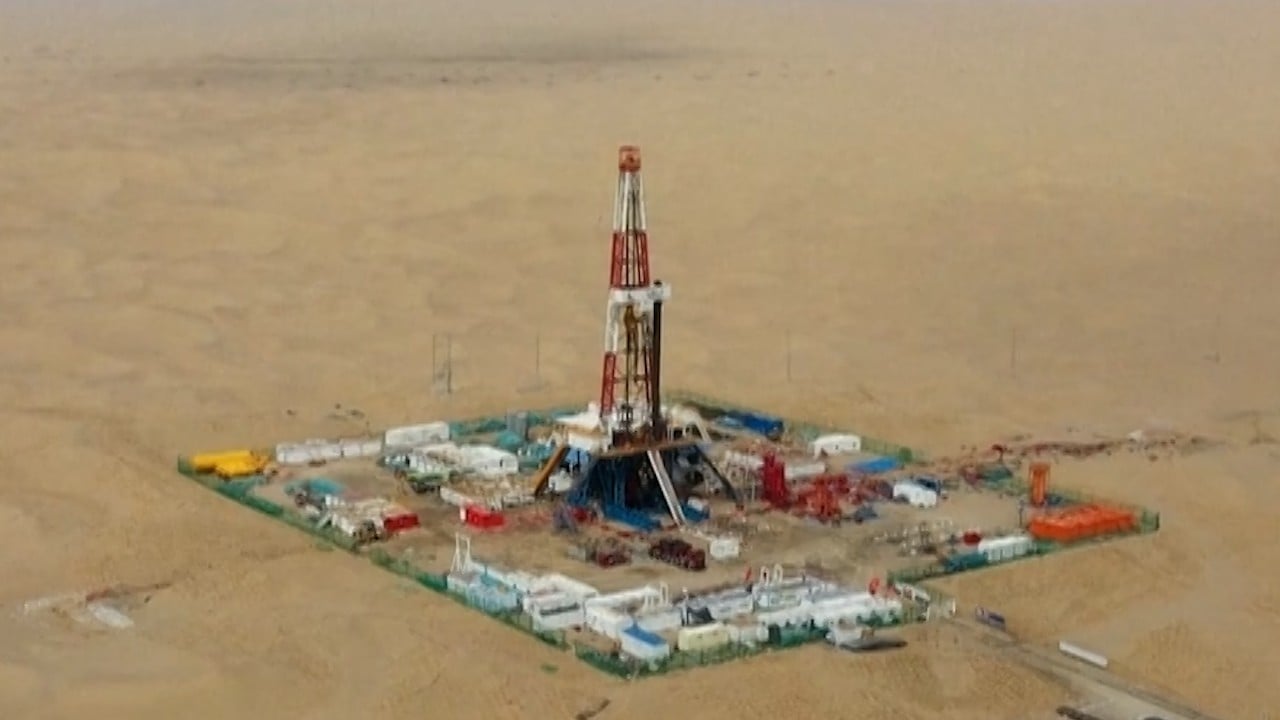
Oil giant Sinopec sets up entity to invest in overseas refineries as it eyes global expansion in the face of waning Chinese demand
- The global push by Asia’s largest refiner comes as China limits approvals of new refineries at home amid slowing demand growth and overcapacity
- One such investment could be in Sri Lanka, where Sinopec was shortlisted to bid for a refinery in Hambantota potentially worth billions of dollars
After a quiet launch in late June of Sinopec Overseas Investment Holding as its sole platform for investing, building and operating refineries abroad, Sinopec is building up the team and setting the budget for the new entity, two company officials told Reuters.
Sinopec will “expand overseas refining and chemical business by taking full advantage of the group’s core strength”, Zhao Dong, president of parent company, China Petrochemical Corp, was quoted as saying in late June when Sinopec announced the new entity in an in-house newsletter.
Sinopec declined to comment to Reuters on the specific regions or assets it is targeting, but a senior company official, who declined to be named as he is not authorised to speak to the media, said Sinopec will prioritise locations where demand is growing and feedstock is easily accessible.
One such investment could be in Sri Lanka, where Sinopec was shortlisted to bid for an export-oriented refinery in Hambantota potentially worth billions of dollars.
Sinopec is also among companies reviewing Shell’s Singapore refinery and petrochemical assets, Reuters reported recently, although its president this week denied such interest.
Sinopec will also explore expanding the Yasref refinery in Yanbu, Saudi Arabia, with Saudi Aramco following a preliminary agreement last December, the Sinopec official told Reuters.
Such investments would also help Sinopec sell its domestic products into international markets, Gupta added.
Sinopec’s overseas investments to date include the 400,000 barrels-per-day Yasref refinery and the US$10 billion Amur Gas Chemical Complex in East Siberia in a tie-up with Russia’s Sibur.
Domestic peer PetroChina has been more active overseas and owns refineries in Singapore, France, Scotland and Japan after a shopping spree about a decade ago.
In recent years, Sinopec looked at assets including ExxonMobil’s Altona refinery in Australia, which the US giant ended up closing and turning into a storage facility, as well as the REGAP refinery in Brazil.
China shovels coal on power-security fears, risks climate goals: Greenpeace
One hindrance faced by Sinopec in the past was frequent government-mandated changes to its top management that set different strategic priorities, said a Beijing-based industry expert familiar with Sinopec’s global investment.
Sinopec declined to comment on that matter.
Sinopec also lost a battle in 2018 with Swiss commodities trader and miner Glencore to buy US oil major Chevron’s refinery and fuel network in South Africa for nearly US$1 billion.
China’s petrol demand is forecast to peak as early as 2024 and researchers at state-run CNPC said in 2018 that the country’s diesel demand had peaked.


